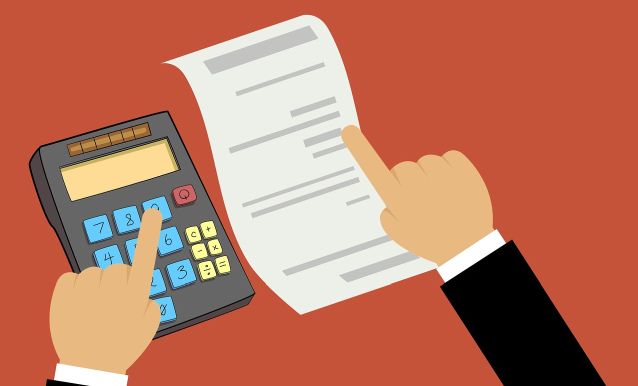By Contributing Author
Over the past decade or so, we witnessed several software companies switch from the traditional licensing system to usage-based billing SaaS systems. This added usage-based components to the billing module so that there would be increased revenue. According to a report by Gartner, approximately 30% of software companies will be in a tough competition with SaaS businesses by 2022. Each one would be offering comparable pay-as-you-go solutions and the competition will be tough.
Will you offer us a hand? Every gift, regardless of size, fuels our future.
Your critical contribution enables us to maintain our independence from shareholders or wealthy owners, allowing us to keep up reporting without bias. It means we can continue to make Jewish Business News available to everyone.
You can support us for as little as $1 via PayPal at office@jewishbusinessnews.com.
Thank you.
Usage-based Billing (or Consumption-based)
Usage-based billing models merge the two traditional models – subscriptions and usage-based models. This means merging the basic subscription services with some additional ones, with pay-as-you-go solutions. These can take any type of structure varying from simple usage fee structures to sophisticated rating models, based on the business’s needs.
Cell phone companies are using these models for the past several years. They charge a subscription fee and then allow customers to buy extra minutes, data, and messaging. Following this, other industries have started adopting this metered billing module. One renowned enterprise moving to the new billing system is Amazon.
Critical Steps in Metered Billing
This value aligns with the value your customer gets by using your service. The variables affecting this metric are your users, data, and events.
Users will increase based on how satisfying your services are. The more customers a team member can add, the more valuable your product gets.
The value of data will increase with consumption. Telecom services and tech companies like Verizon charge based on wireless data consumption. The more customers consume their data the more valuable their data has become.
Events depend on API services and the benefit of the products customers consume. In telecom companies, an event may be the number of API calls and charges per call or volume of messages.
You should also determine the pricing model. There are all kinds of variations in pricing models for metered billing systems. You can make it per-unit pricing, overage pricing, volume pricing, tiered pricing, tiered with overage pricing, and multi-attribute pricing.
Lastly, evaluate and mediate customer usage. Collect usage data and analyze it. Determine what works and does not work and then try to mediate the usage by improving the offer. Change the strategies according to the data.
Why Usage-based billing SaaS
Based on recent research, here are three main rationalities for SaaS companies moving to usage-based billing.
1 – Customers
More than 41% of procurement professionals prioritize customer attraction. They make more efforts to win new customers. Based on their experience, metered billing is an efficient way for potential customers to get into the system. This gives them the option to test the waters and then decide if they would like to commit to an annual subscription or other expensive packages. The low risk ‘test drive’ option makes them feel willing to explore. This strategy is proving effective in growing clientele.
2. Client Retention
KeyBank reported that only 30% of the SaaS companies meet their customer retention goals. One of the biggest setbacks they face is a misalignment of perceived value and cost. Metered billing gives customers flexibility in choosing packages and gives them ease in terms of pricing. Moreover, metered billing systems offer more transparency and increase trustability for SaaS companies. Customers know exactly what they are paying and this makes them feel cared for and makes them want to trust the service providers. As a result, customers are more likely to continue working with the provider. This is why using the usage-based billing SaaS is becoming very important to enterprises.
3. Increased Revenue
Usage-based billing models couple predictable subscriptions with add-on revenue coming from services, features, and other additional products. Moreover, the add-on options help make business better by tracking how customers use the different features available. This helps companies invest in what is working better and reduce losses. Usage-based billing models help drive more revenue by offering customers more ways to buy services and focus on what is best for their business.
There is no doubt that usage-based billing or metered billing systems are offering more advantages to businesses. However, a lower percentage of companies are implementing these SaaS billing models. There is going to an increase in usage-based and consumption-based billing systems in the near future.




